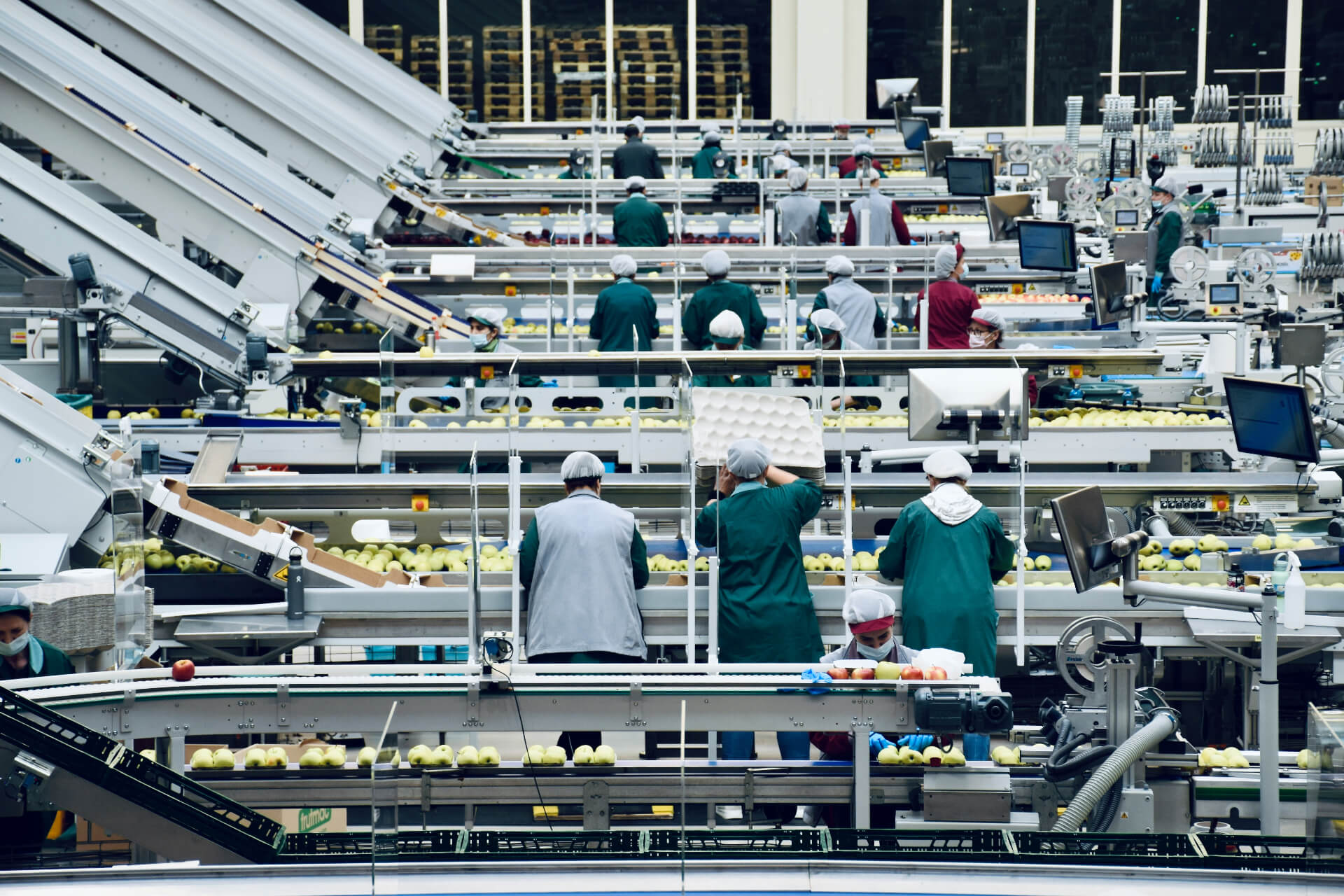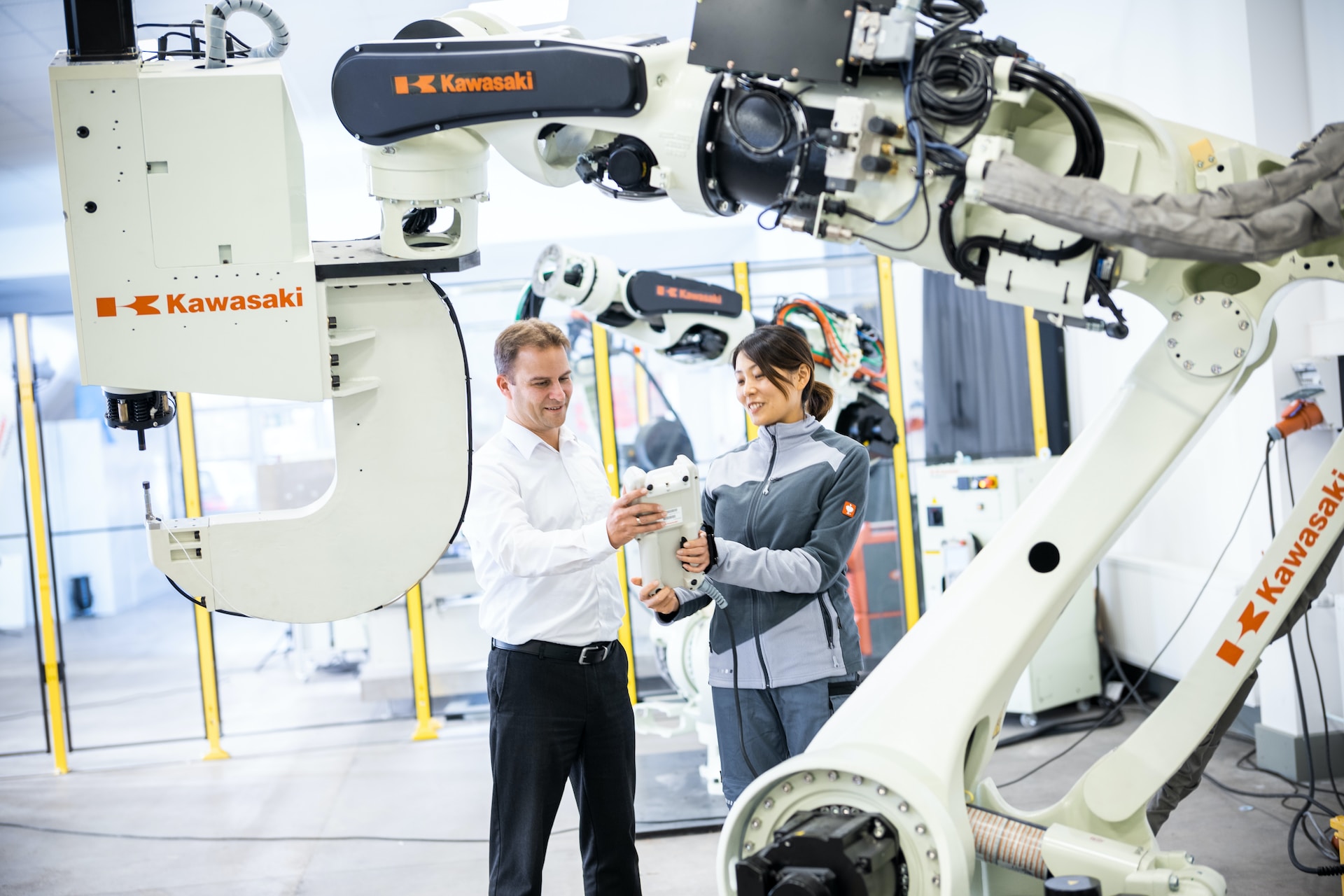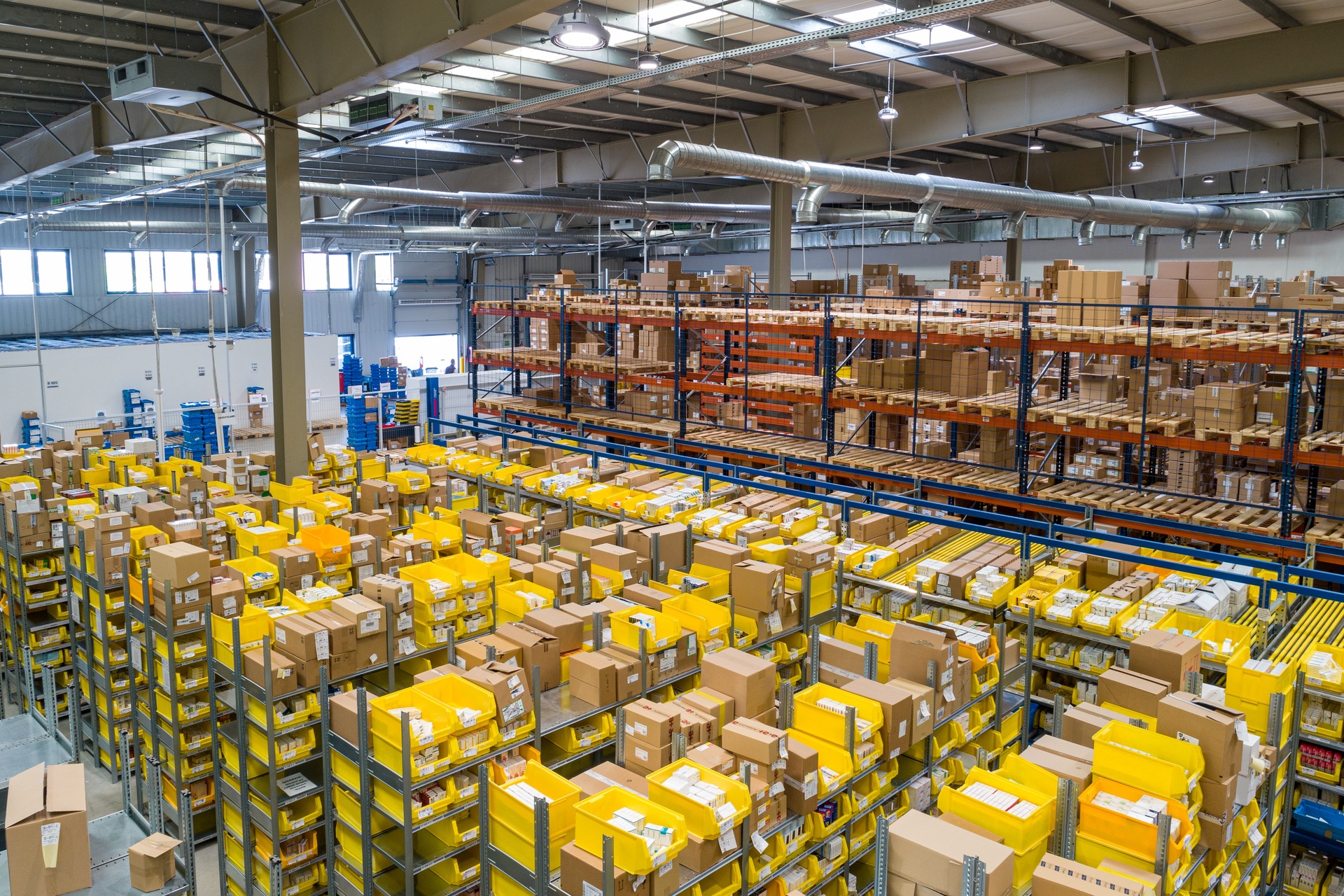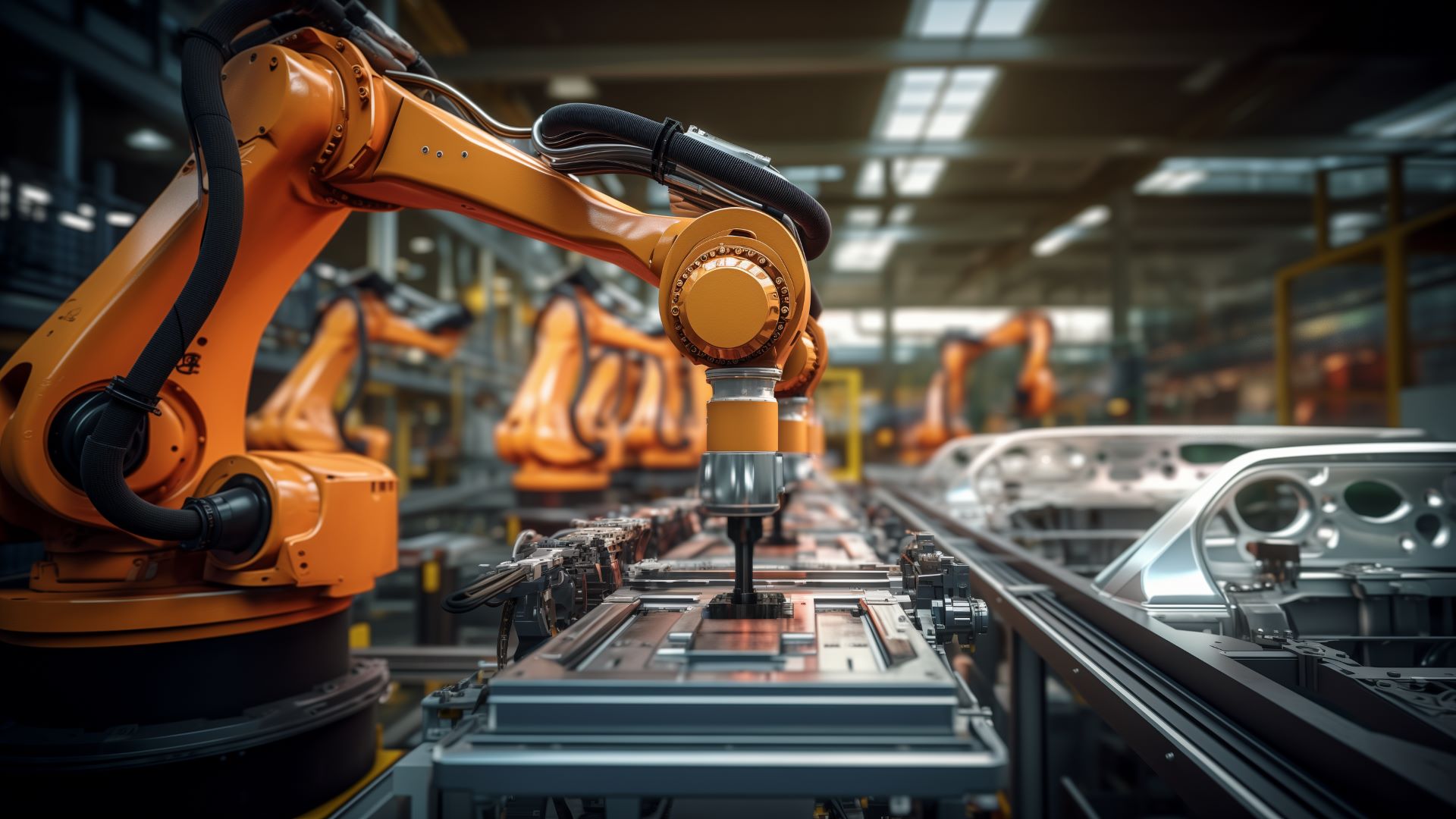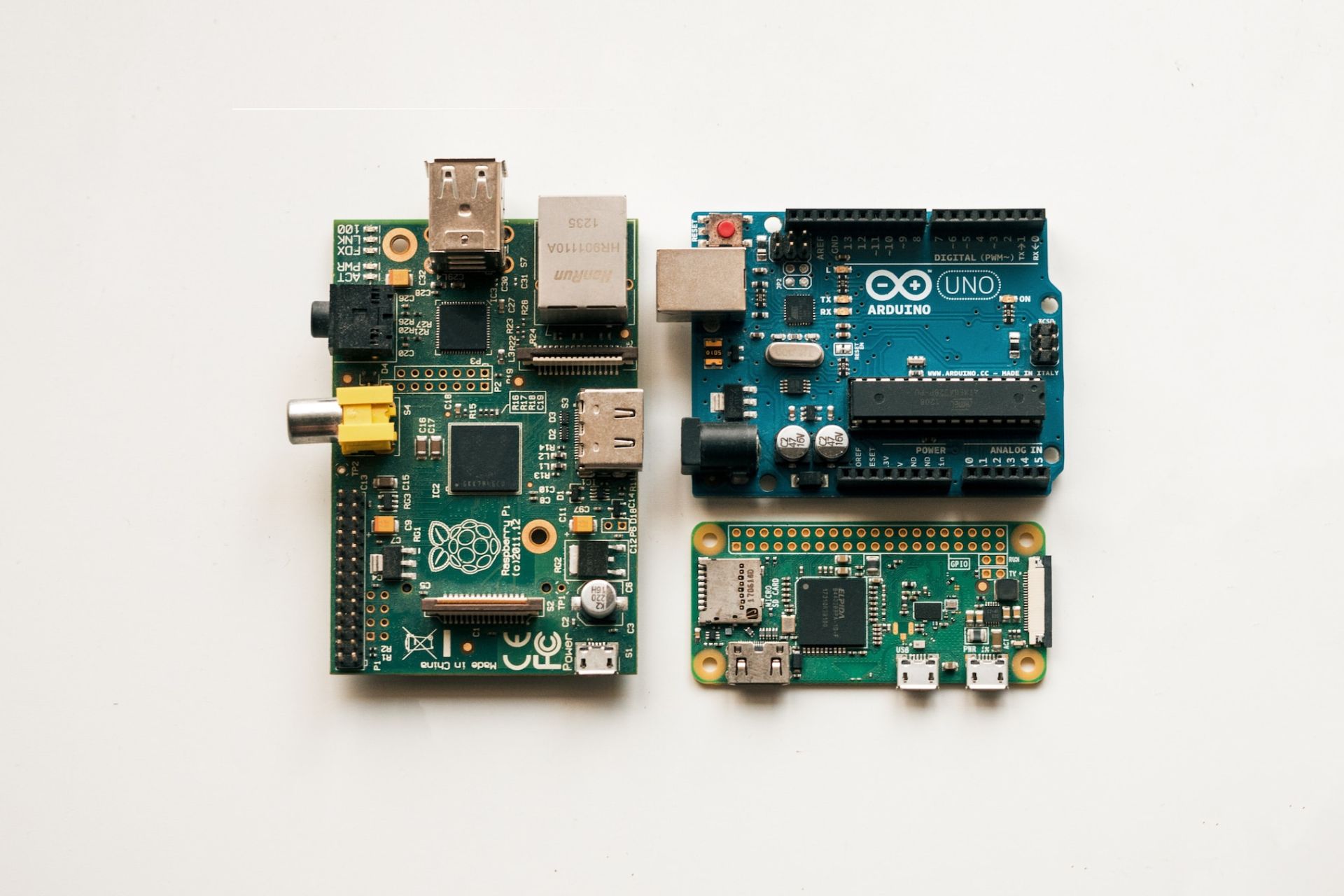
How to Identify Industry 4.0 Benefits & Prevent Security Risks
May 30, 2017 - Emily Newton
Revolutionized is reader-supported. When you buy through links on our site, we may earn an affiliate commission. Learn more here.
Are Industry 4.0 benefits worth the massive changes they bring? There are many factors to consider. Industry in its many forms is constantly evolving to adapt to new technology and advancing techniques.
One hundred years ago, automated assembly lines might have seemed like science fiction. Even just 30 years ago, Industry 4.0 would have seemed like a pipe dream. Yet, today businesses are utilizing big data and the internet of things. Operations managers combine these technologies and more with established physical supply chains to optimize supply, production and delivery.
With any networked system, there is always the potential for security risks. What is Industry 4.0? What potential risks are involved with its technology? How can you identify Industry 4.0 benefits for your business? Keep reading to determine your best course of action.
The New Revolution: Industry 4.0 Benefits
The German government originally coined the Industry 4.0 buzzword in response to the trend toward new technology and practices. However, Industry 4.0 is more than a buzzword today. Industry 4.0 is quickly shaping the world of industry and proponents hail it as the new industrial revolution. What changes is Industry 4.0 bringing to the world that could potentially benefit both new and established companies?
Information Transparency
Information transparency is one of the biggest tools of this new industrial revolution. Essentially, information transparency is creating a digital copy of the physical world. When you’re dealing with IIoT (Industrial Internet of Things) devices, this creates a cache of information. This allows the connected devices to contextualize information they are collecting.
Connectivity
The whole point of IIoT is to enable separate devices to communicate with each other. This allows operations managers to complete changes to the production line at a single workstation. If all the machines are interconnected, one command can trickle down the system and complete any necessary changes.
Reduced Costs
Engineers designed the IIoT to make industries more efficient. One of the ways it can do this is by lowering costs. By creating that foundation of information transparency and connectivity that we’ve already discussed, IIoT devices help increase efficiency and provide the information needed to improve labor planning.
It is also an invaluable tool for inventory planning and reduction — big data can change the way companies order and store supplies. We’ll address that more in a moment.
IIoT also helps reduce maintenance cost. Most businesses perform maintenance reactively — when something breaks, someone comes in to fix it. By integrating all the equipment through the Industrial Internet of Things, predictive algorithms can be applied to the data collected, creating a kind of prediction.
By studying repair trends in the past, these algorithms can predict with relative accuracy the kind of repairs that are going to be needed in the future. The more information the system can collect, the more accurate these predictions are.
Big Data and Predictive Analytics
The connected industry is quickly becoming the industry of the future, and the application of big data is a large part of that. Big data is a buzzword used to describe the information that a company collects. In industry, this information generally includes things like sales trends, inventory information, loss reports and customer data.
Those same predictive algorithms that we mentioned before can be applied to this set of data to make predictions about the industry itself. With enough information, these big data systems can predict sales trends, necessary inventory levels and many other data points. Most companies order more supplies than they need, so that they don’t risk being caught without the necessary inventory when they do end up needing it. Big data could potentially eliminate the need for over-ordering by accurately predicting what a company will need for each given quarter.
Industry 4.0 Benefits Aren’t Without Risks
Every new technology has its risks, and the advances powering this new industrial revolution are no exception. The primary concerns seem to center on customer privacy and cybersecurity concerns. The use of cloud computing, for example, creates a security risk if the company hasn’t installed firewalls or other additional virtual security tools.
A study done in Switzerland found that while the risk of cyberattack isn’t necessarily higher for the new Industry 4.0 technologies, it does still present a risk if those technologies are implemented faster than the security protocols designed to protect them.
At the Cost of Jobs
The implementation of Industry 4.0 benefits operations and plant managers because it allows them to simplify their production process as jobs become easier and more cost-effective to fully automate. It’s difficult to find comprehensive lists of jobs that will be affected by Industry 4.0, but a few stand out. Employers may one day replace jobs like these with automation:
- Construction: Manual tasks like laying bricks or foundations, tying rebar, pouring concrete
- Math-based fields: Insurance underwriters, bank tellers and financial analysts
- Inventory management: Warehouse employees, order pickers, forklift drivers, and more logistics roles
- Taxi drivers: Self-driving cars could one day make professional drivers obsolete
This isn’t necessarily a bad thing. Employees often find low-skill jobs unengaging and employers tend to pay less for these roles. Additionally, Industry 4.0 will create more high-skill jobs, which will come with higher pay and more interesting tasks.
Industry 4.0, the fourth industrial revolution, is upon us and there’s no going back. How do you think this move toward technological innovation will continue to shape global industry? Let us know in the comments!
Revolutionized is reader-supported. When you buy through links on our site, we may earn an affiliate commission. Learn more here.
Author
Emily Newton
Emily Newton is a technology and industrial journalist and the Editor in Chief of Revolutionized. She manages the sites publishing schedule, SEO optimization and content strategy. Emily enjoys writing and researching articles about how technology is changing every industry. When she isn't working, Emily enjoys playing video games or curling up with a good book.
